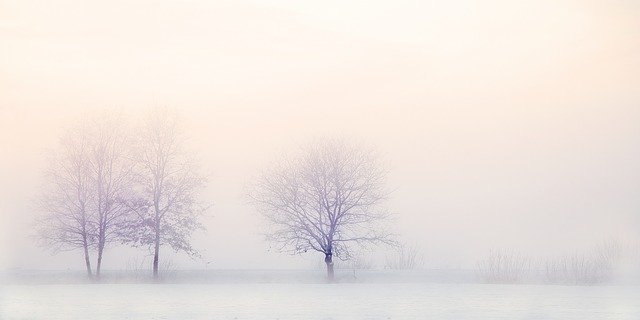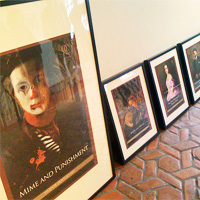Six Pieces of Scottish Literature to Supplement Your Viewing of Pixar’s Brave
Amidst the summer’s comic book and sci-fi blockbuster movies, Pixar has nestled what is sure to be a gem: Brave, the animated tale of an impetuous girl growing up in the Scottish Highlands during the 10th century.
The film has been described as a fairy tale in the tradition of Hans Christian Anderson and the Brothers Grimm. That’s vaunted company to keep, but we wondered, what are Brave’s Scottish literary forebears.
To that end, here are 6 pieces of Scottish literature that we recommend to supplement your mid-summer viewing of Brave.
The Book of Taliesin: This collection contains epic poetry dating from anywhere between the 6th and the 10th century, including many of the oldest poems ever composed in Welsh. It’s named for the poet Taliesin, a bard believed to have sung his poems in the courts of no less than three Celtic British kings. Taliesin himself is the subject of a long tradition of mythologizing; by some later invented accounts, he was a companion to King Arthur.
Roman de Fergus by William the Clerk: Speaking of King Arthur, Scottish poet William the Clerk produced a parody to the original Arthurian legends in the early 13th century. The romance, written in Old French, tells the story of the Arthurian knight Fergus, possibly based on the historical figure of Fergus of Galloway. The story is notable as a satire; many scholars believe William the Clerk wrote it either for the amusement of Scottish king William I, or as a satirical commentary on Scottish society. It features all of the conventions of a good Arthurian tale including a stag hunt, chivalrous deeds, and a tournament that ends in a marriage.
The Songs & Poems of Robert Burns: Burns isn’t known as Scotland’s favorite son for nothing. His poems and songs basically define our view of Scottish art these days. In addition to writing classics like Auld Lang Syne and Tam O’Shanter, Burns travelled the country in the late 18th century, collecting and sometimes adapting Scottish folk songs and poems.
The Child Ballads: Scotland’s literary culture has always held poems, songs, and ballads in high regard. This collection of 305 English and Scottish ballads, collected by Francis James Child, brings together many of the best and most famous. Included are classics like Thomas Rhymer, Tam Lin, and Sir Patrick Spens.
Sir Walter Scott’s Waverley Novels: Not all the novels in Scott’s long (loooong) series take place in Scotland, but many of the best known ones do, including Ivanhoe, Rob Roy, The Bride of Lammermoor, and the eponymous Waverly. These novels, published in the early 19th century, have long been considered some of the best and most popular in all of Europe. They are also regarded as some of the first examples of historical fiction.
The Prime of Miss Jean Brodie by Muriel Spark: This 1961 novel launched Muriel Spark into the upper echelons of Scottish literature. It tells the story of six 10-year-old girls and their teacher, Miss Jean Brodie, in 1930s Edinburgh. It has been adapted for the stage and screen many times, notably in 1969 starring a young Dame Maggie Smith.
Bonus Tracks:
We hardly need to tell you to read classics like R.L. Stevenson’s Jekyll and Hyde, J.M. Barrie’s Peter Pan, or Arthur Conan Doyle’s Sherlock Holmes novels and stories, but when you do, keep in mind: these revered tales were penned by some of Scotland’s other favorite sons.
—
Alexandra is a Philadelphia-based writer and culture geek. Visit her at alexandrakingsley.com or hang out with her on Twitter (@nonmodernist).
—




